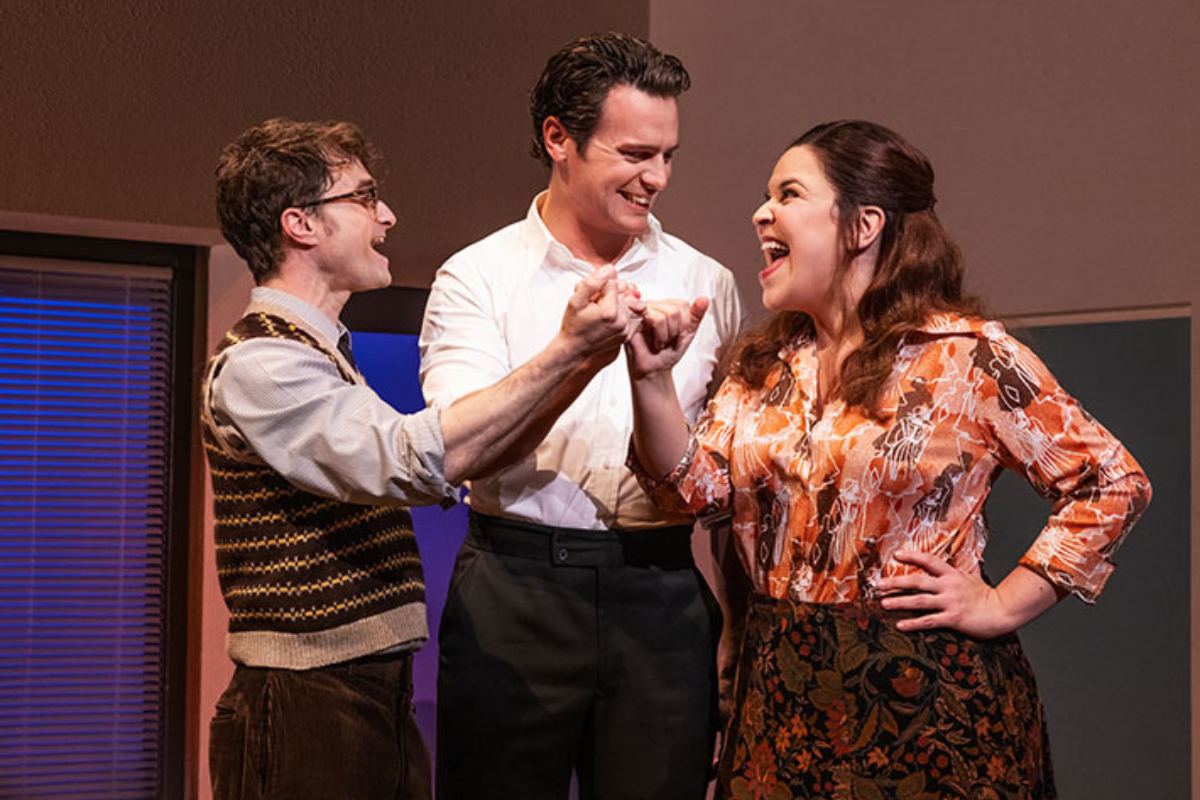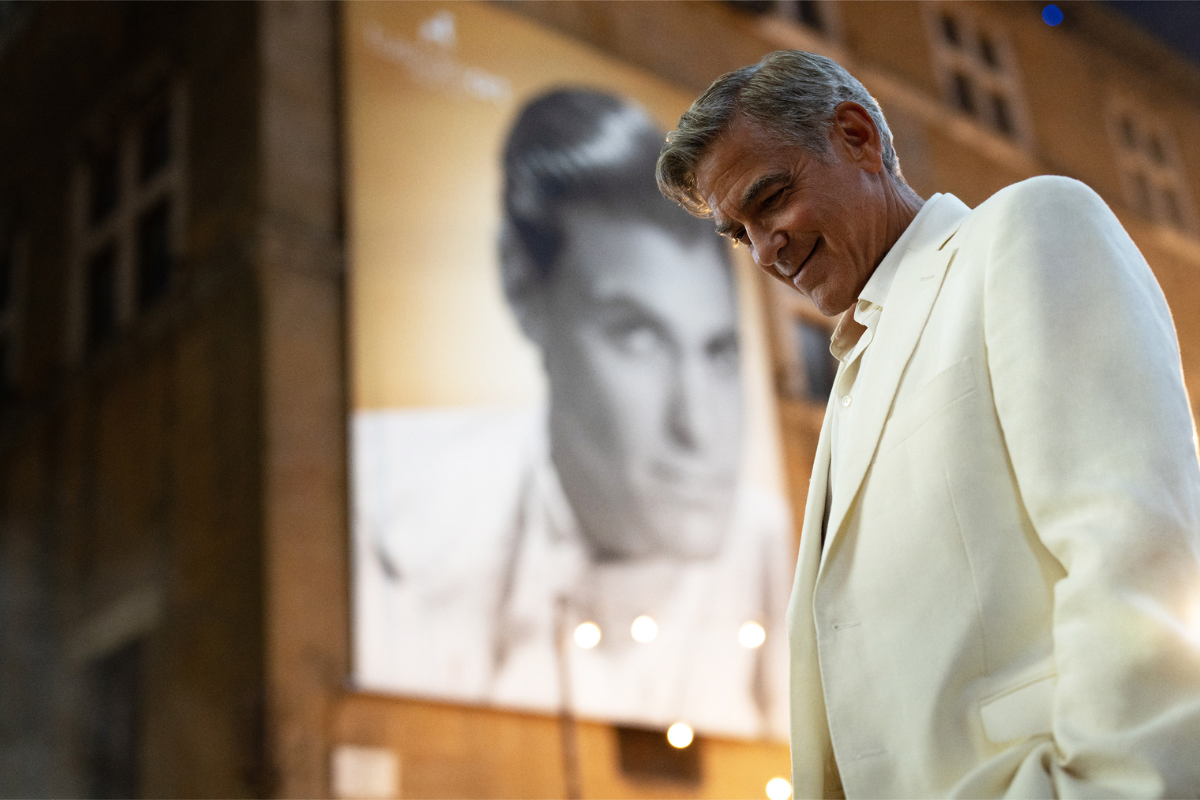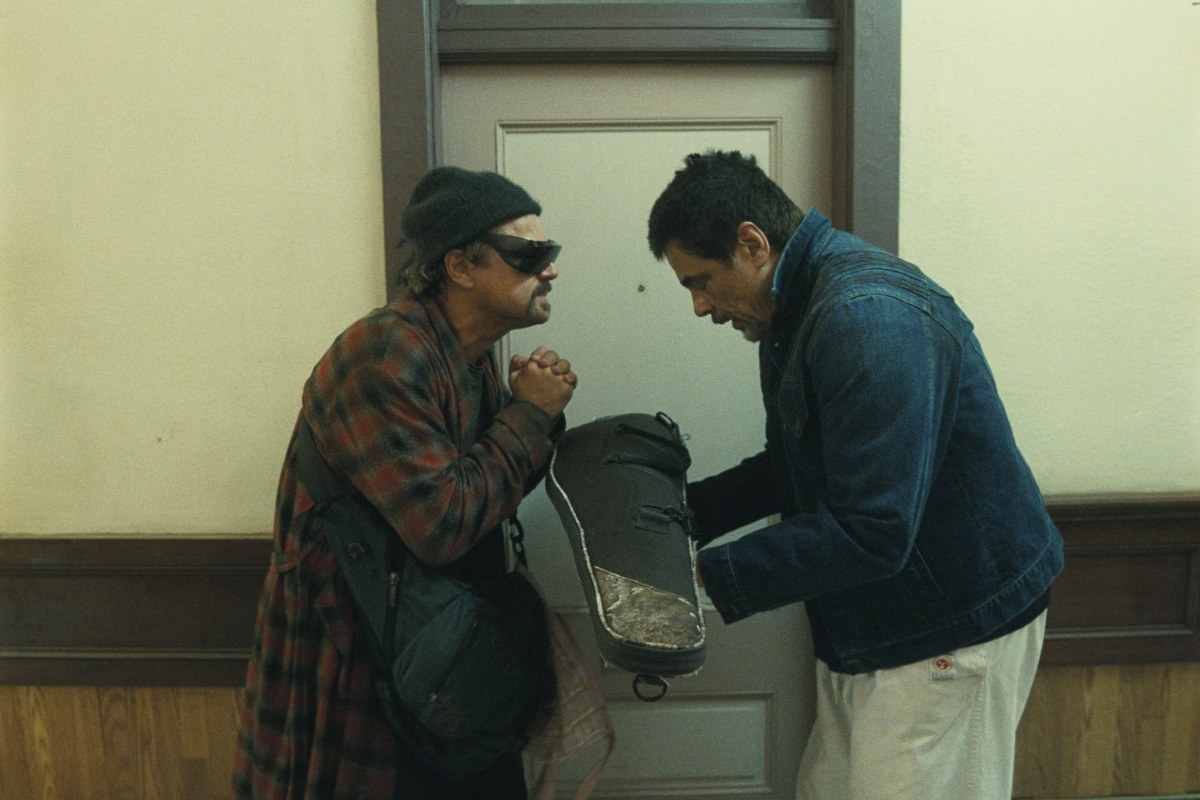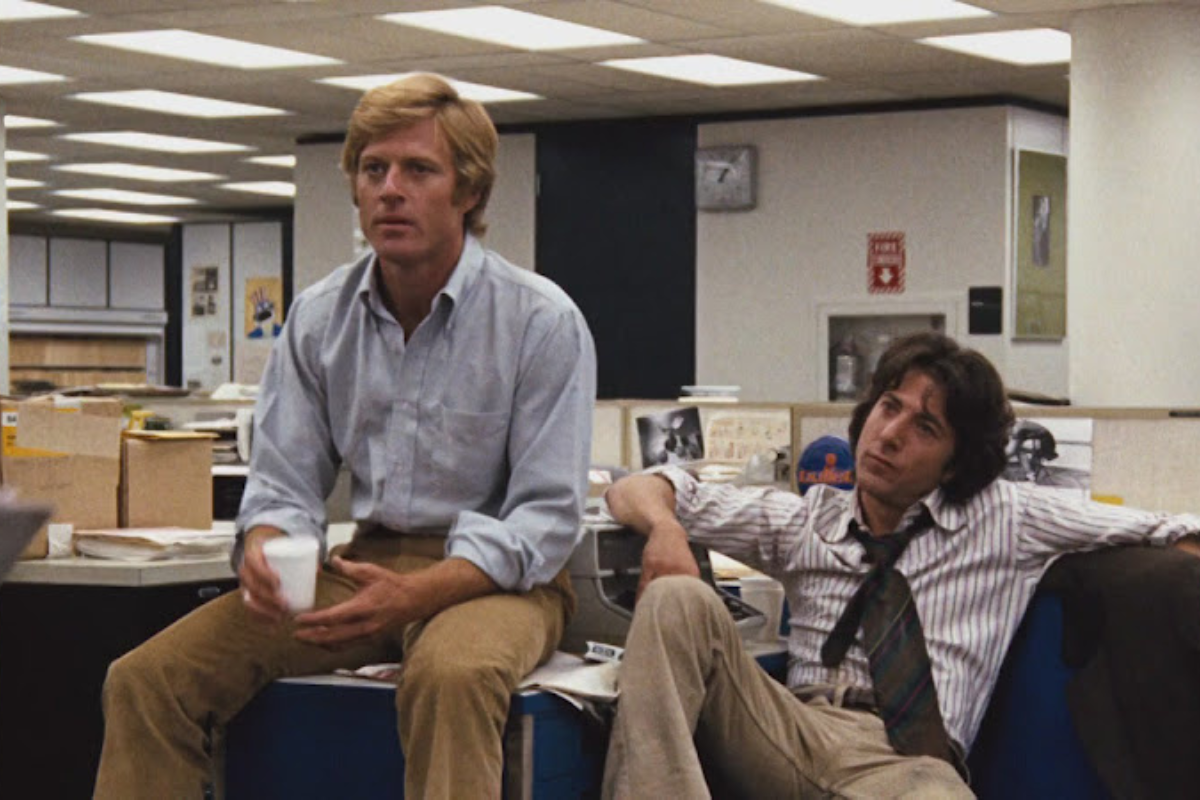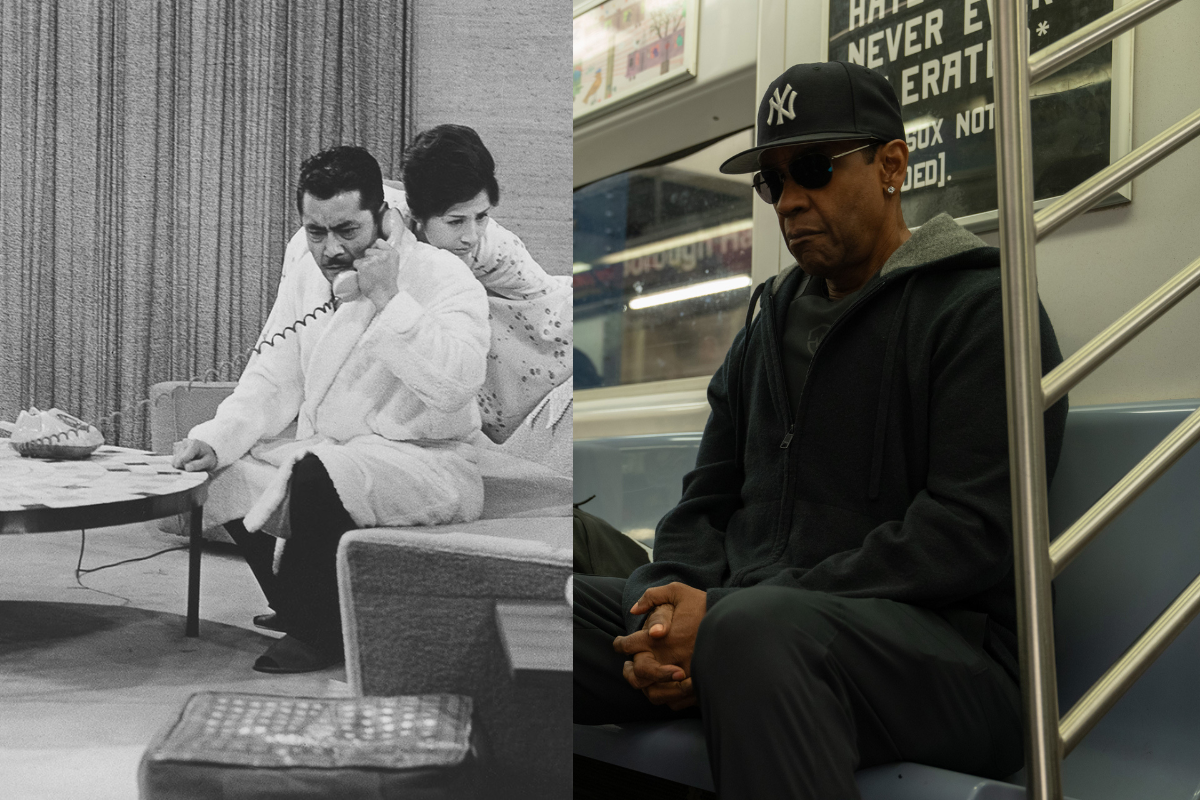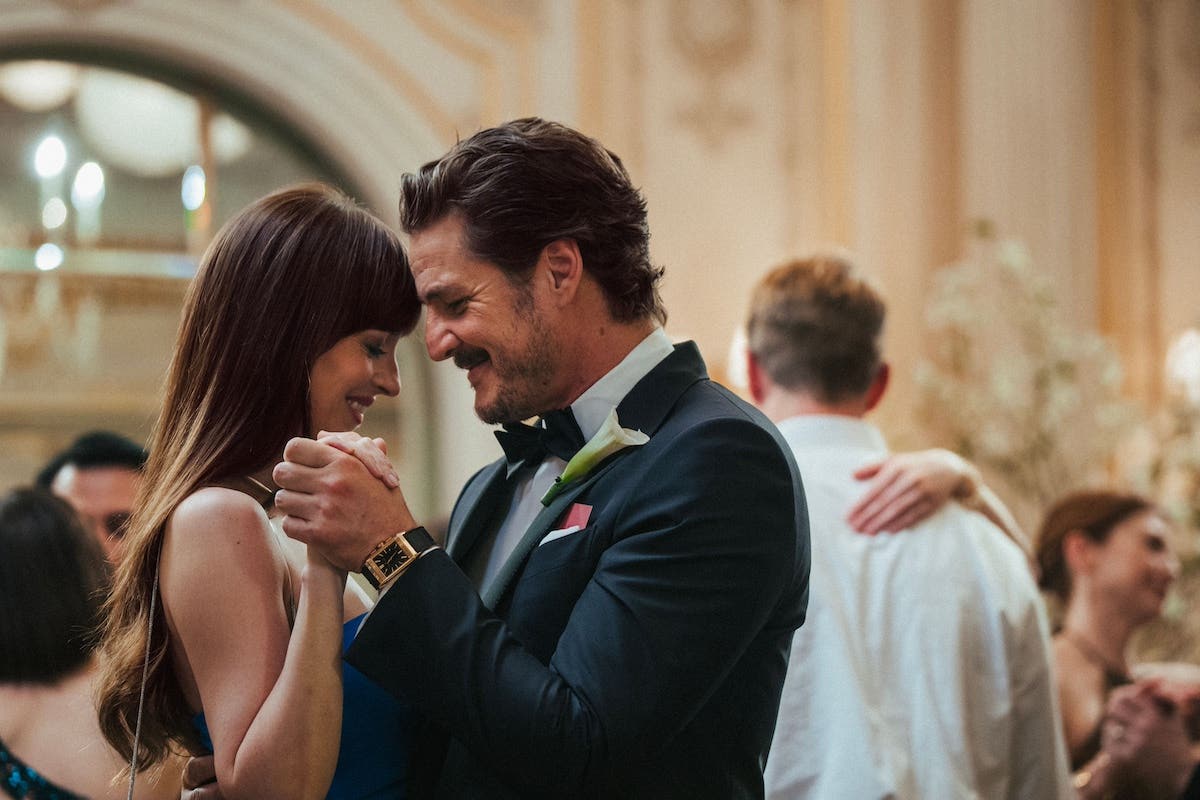UNDERSTANDING SCREENWRITING: Bigs and Mediums and Littles
The big films are ‘Superman,’ ‘Jurassic World: Rebirth,’ the medium one is ‘The Naked Gun,’ and the little one is ‘Jane Austen Wrecked My Life.’
It’s a bird! It’s a plane! It’s a Movie!
Superman (2025. Written by James Gunn. Superman created by JERRY SIEGEL and JOE SHUSTER. 129 minutes)
I put those two names in capitals because for decades, DC kept downplaying their creating the character, and they deserve all the credit they can get. Up the writers!
Yeah, Superman has been around since the late thirties, first in comic books, then in assorted movies and television shows. Since the Superman movies immediately preceding this one have not done well at the box office, maybe we are getting tired of the guy in tights and a cape. This film opened well in the U.S., but not so well overseas. We might blame Trump for tarnishing the American brand, but I am not surprised Superman does not play well overseas, since he has always been a very American hero.
The film had a drop in the box office for the second week, which some thought made the movie a flop, but was not that unusual for a picture with a giant first week gross to have a large drop in the second week. But it seems to have held up reasonably well in the following weeks, certainly better than some other films.
So what does all this have to do with the script? Either more or less than you might think.
The script is sort of a mess, but not a terrible mess. Gunn starts off with some titles of what has happened before. That is the kind of thing sequels use, but this is not a sequel. The titles tell us that Superman has stopped a war between two countries whose names I cannot spell, but I will just call B and J. B has invaded U and Superman has stopped the invasion. But then a huge monster showed up and beat Superman to a pulp. I suspect those scenes were written and then everybody looked at the budgets and the folks figured they would cost way too much and make the film run way too long. Some of the other big summer movies have run close to three hours (yes, we are talking about you Tom Cruise and Brad Pitt), but this one only runs nine minutes over two hours and is a bit exhausting at that length.
So we start in the middle of things. Gunn does have to take a little time to set up where we are in the Superman universe, such as that Lois Lane already knows that if you take off Clark Kent’s glasses, he is Superman, although we do not get any scenes of them having any kind of sex. Don’t you want to know if he is also super in bed?
We also need to know who Lex Luthor is this time around, and what his operation can and cannot do. Fortunately, Gunn moves along fairly quickly with all that setup.
Gunn also gets some of the wit you would expect from the writer and director of the Guardians of the Galaxy films. I have always thought that over the years, the Marvel movies had the edge on DC films because they had a certain amount of wit to them, which the DC movies did not. I suspect that one reason DC has shanghaied Gunn and made him the co-boss of its universe is because of that sense of humor. Too bad Gunn could not bring Groot with him.
One problem with the script is that often Superman disappears for sections at a time as we get scenes with secondary characters. At one point, Lex Luthor has Superman locked in a cage for a long time while the other characters try to rescue him. In the big finale, the war in B&J has started, but stopping it is left to the Green Team, lead by the Rookie himself, Nathan Fillion. Superman is busy trying to save Metropolis from a river that is cutting through the city and convince the world that Lex Luthor is the bad guy. Both the B&J war segments and the runway river have spectacular special effects, which I am sure will be at least nominated in this year’s awards season, but they are so over the top that they take us away from Superman.
The now-beloved 1978 revival of Superman had a script that was worse than this one. It spent more time with Jor-El on Krypton because they had Brando and wanted to get as much out of him as they could. Then they spent more time on the farm with his adopted parents. It was nearly an hour into the picture before he comes out as Superman.
I wrote in one of my early books, “If Christopher Reeve could save this mess, maybe he really is Superman.” He made the picture and the picture made him a star.
You can, alas, suspect where I am going with this. The recent Superman films did not have actors in the lead who could carry the picture the way Reeve did. The actor playing Superman here is David Corenswet, whom I have not seen in much, and in those things I have seen him in did not make much of an impression. Here he is sort of a lightweight Christopher Reeve. He has some of Reeve’s light touch in the comedy bits, but he is not as sharp at it as Reeve was, and he was not as powerful in the serious scenes as Reeve was either. He simply does not carry this mediocre script the way Reeve carried his.
David Koepp’s Leftovers?
Jurassic World: Rebirth (2025. Written by David Koepp, based on characters created by Michael Crichton [none of the characters in this film were in the JP novels written by Crichton, but this shows you what kind of credit having a great lawyer can get you]. 133 minutes)
Earlier this year, I reviewed another David Koepp film, Black Bag, and talked about Koepp’s career. You can read that review here. Koepp wrote the first two Jurassic Park movies, both of which were based on Crichton novels. If you can find a copy of my 2008 book, Understanding Screenwriting: Learning from Good, Not-Quite-So-Good, and Bad Screenplays, you will find a chapter in which I reviewed the first three JP movies. I thought the script of the second one was the best, since both the script and Spielberg’s direction were focused more on the characters than the dinos. I suspect Spielberg realized he had not done as good a job on the first as he could have and that is why he did the second one. The script was much better, and the film contains one of the great action scenes of all time, written by Koepp, directed by Spielberg, and edited by Michael Kahn. It involves a couple of trailers, baby dinos, a cliff, and a backpack. Ah, now you remember it. It makes for a much better movie.
Koepp did not write JPIII, which, being the contrarian I am, I liked the best of the first three. It takes off from the silly San Diego scenes in JPII and becomes a comedy. Read my book and you will see why it works so well.
So Koepp has been away from the series for a long time, and the JP films done in the meantime were flawed in all kinds of ways, although some have their moments. I do not know if he was pulled back in once he was out, or if he had some ideas left over he figured he could use.
This script is the weakest of the three he wrote. Koepp can be a great writer of characters, which Crichton was not, but Koepp is not great here. At times, it seems to me this script is like a first draft where the characters have not yet been worked out. Or, it could be a 10th draft where the characters have been squashed by all the rewrites. The characters are all very generic, with the slight exception of Zora Bennett, the leader of the expedition (they are looking for genetic material from living dinos, if you care). She is played by the one big-name star, Scarlett Johansson. ScarJo gets some zip into her lines, which helps, but she does not quite carry the picture.
The other characters are very one-note or less. They are the evil businessman and the usual scientific types, and the captain of their boat. The captain played by Mahershala Ali, a two-time Oscar winner who is drastically underserved by the script.
As we follow the boat to the island, we suddenly get a long, long scene on a sailboat with a generic family we have not met before. There is a dad, his teenage daughter, the daughter’s loser boyfriend, and of course, a little sister. There is now a state law in California that any Jurassic movie has to have a little girl in it. I was hoping they would let one of the dinos eat the little girl, but that would blow their PG-13 rating.
The family is totally generic, so what are they doing in this movie? Do you remember Susan Backlinie? She was Chrissie in Jaws (1975). She’s the one who runs into the water in the opening scene and is attacked by the shark. We do not know anything else about the character. We know she is just fresh meat for the shark. Well, the family here does not get eaten, but their large sailboat is attacked by what I would assume is a giant whale. But this being a Jurassic movie, it is a large, seagoing dino. It wrecks the boat, but the family escapes and wanders through the rest of the film, distracting us from the main characters.
The special effects in this scene are terrific. One of my many complaints about Titanic (1997) is that the computerized water around the ship was terrible. It looked liked it was done by computer geeks who had never gone to sea. Here, you believe the effects of the sea and the beast.
You also believe the special effects everywhere else in the movie, which may be to its detriment. There are so many different kinds of dinos that we cannot keep track of them. Fewer are better. But I imagine this film will give Superman a run for its money in the special effects Oscar race.
The problem, as you have guessed, is that the special effects overpower the characters and the story. At least ScarJo and Ali do what they can, but the script does not give them enough to carry the film. The casting of the secondary characters is not good, which does not help.
The Same, but Different.
The Naked Gun (2025. Written by Dan Gregor & Doug Mand and Akiva Schaffer, based on the television series Police Squad, created by Jim Abrahams & David Zucker & Jerry Zucker. 85 minutes)
A few days before this film opened in theatres, The Movie Channel (one of my new favorite movie channels because, unlike the big bullies like Netflix and Amazon Prime, they show the end credits of a movie ALL THE WAY TO THE END; I have respect for everybody who works on a movie, and they ought to get public credit for it. Yes, even on the turkeys. Now, where were we?) ran the first three Naked Gun movies one night.
Well, you can’t not watch, can you? I liked the movies when I saw them in theatres, but they are like the Marx Brothers movies: you see them with a crowd and there is a lot of laughter. If you watch them alone at home, not so much guffawing. Still, the first trio were entertaining and have become part of our culture.
So we have a sense of what we are going to get in the new remake. And a lot of it is familiar, at least in general tone. The Zucker Brothers started out doing sketch comedy and moved their show, Kentucky Fried Theatre, from their native Midwest to right down the street from 20th Century-Fox. It was eventually made as a low-budget film, which led them to Airplane! (1980), which led to their TV series Police Squad in 1982, which a lot of people loved and which the network, which shall remain nameless, cancelled after six episodes. Six years later, they came up with the first Naked Gun movies, followed by #2 in 1991 and #3 in 1994.
The Zucker Brothers started in sketch comedy and their shows are mostly gag comedies. Dan Gregor and Doug Mand have written short comedy films, but have done most of their work on sitcoms (e.g., fifty episodes of How I Met Your Mother). The dialogue in the first three films is very quick and uneven, but the jokes come along so quickly that you do not mind. The dialogue in the new one is closer to sitcom writing, with longer dialogue stretches. One of the better scenes is just Frank Drebin Jr. and Beth Davenport standing facing each other and zipping through the dialogue like Cary Grant and Rosalind Russell in His Girl Friday (1940).
When the Zuckers went from Airplane! they brought with them the best of the serious actors who did comedy, Leslie Neilson. He was so good at this kind of comedy that it is now difficult watching his earlier, serious stuff without falling out of your chair. The filmmakers here (Schafer also directed) have chosen well. Liam Neeson is not quite the genius at playing this kind of comedy, at least not yet, but he gets the laughs he is supposed to. Pamela Anderson plays Beth Davenport, and she is more than just adequate, but not quite up to Priscilla Presley’s almost Keaton-like deadpan delivery. Anderson’s one musical number makes up for any other deficiencies.
If this one is not up to the first three, it is still entertaining enough to make it worth your while. And to hope the same crowd does another one.
Welcome Janeites.
Jane Austen Wrecked My Life (2024. Written by Laura Piani. 98 minutes)
There have been almost as many movies about Janeites (people who love Jane Austen) as there have been movies made from her books. This one is one of the former ones, with at least some of the Austen wit.
Agathe is a young woman who works at the famous Shakespeare & Company English language bookstore in Paris. Piani, who also directed, gives Agathe a great opening scene of her floating around from one shelf to another in the store.
Agathe loves Jane Austen and is trying, unsuccessfully, to be a writer herself. She is more or less suffering from Writer’s Block. In her case, she can write a chapter or two of a novel and then gets stuck.
Felix, her sort-of boyfriend (they hang out together and occasionally shag each other), sends the first two chapters of her new work to the Jane Austen Writers’ Retreat in England without her knowledge. They love the chapters and invite her to this year’s summer retreat. She is reluctant to go, but Felix almost literally pushes her onto the ferry to England.
And who picks her up on the other shore? Oliver, who gets off on the wrong foot by saying he was expecting someone much older. He is dark, handsome, and Austen’s great, great, great, great nephew. Is he to be Agathe’s Mr. Darcy? Well, not exactly. He is not rich, which is why he is helping out at the retreat, which is in a marvelous English house in the country (OK, actually it is a house in France where the film was shot, but it acts English).
We don’t get a lot of information about the other people at the retreat, since the focus is on Agathe and Oliver’s developing relationship, which as in Austen’s books is the heart of the matter. If you like Austen, you will enjoy the Agathe-Oliver scenes. Although Charlie Anson, who plays Oliver, never gets to take off his shirt like Colin Firth did as Mr. Darcy in the 1995 BBC miniseries of Pride and Prejudice.
This being a modern play on Austen, Agathe eventually gets back in her groove and finishes her novel. Here is the one problem I had with the movie: We see her putting the pages of her novel in an envelope to send to a publisher, but there are not nearly enough pages in the stack to make up a novel.
Also, the film slows down when Agathe comes back to Paris. We know what’s coming and Paini could have hurried it up a bit. This is one of those cases where the audience is ahead of the film. You, as the write,r always want to be ahead of the audience, unless you are writing a Buster Keaton sight gag that depends on our anticipation of what is going to happen.
How about that for a combination: Jane Austen and Buster Keaton?
Tom Stempel is a Professor Emeritus at Los Angeles City College, where he taught film history and screenwriting from 1971 to 2011. He has written six books on film, five of them about screen and television writing. You can learn more about his books here. His 2008 book Understanding Screenwriting: Learning from Good, Not-Quite-So- Good, and Bad Screenplays evolved into this column. The column first appeared in 2008 at the blog The House Next Door, then at Slant, and then Creative Screenwriting before it found its forever home at Script.
In the column he reviews movies and television from the standpoint of screenwriting. He looks at new movies, old movies, and television movies and shows, as well as writing occasional other items, such as appreciations of screenwriters who have passed away, plays based on films, books on screenwriting and screenwriters, and other sundries.
In September 2023 Tom Stempel was awarded the inaugural Lifetime Achievement in the Service of Screenwriting Research by the international organization the Screenwriting Research Network.


